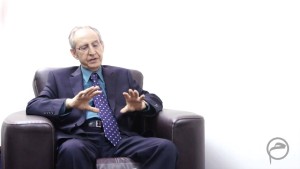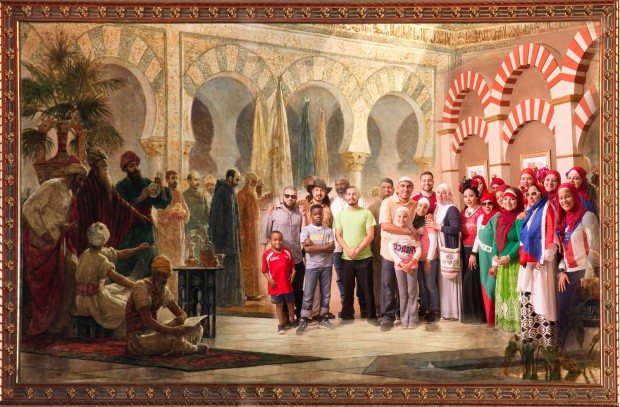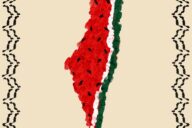For decades, many experts in political sciences adopted an orientalist approach that claimed the incompatibility between Islam (and, in accordance, all majority Muslim countries) and the development of democratic regimes. This theory is still present today in the Islamophobic discourses used against the Muslim population.
The following text is part of the book Islam and Constitutionalism, an Open Dialogue, published by the Islamic Culture Foundation (FUNCI) in 2015. The project was launched in the frame of the Arab Spring, when the peoples from the MENA region rose against their autocratic regimes demanding a change.
Coordinated by a team of FUNCI, the project gathers the opinions and propositions of some of the best Islamic law scholars. Its goal is to offer legal tools to combine the current democratic values with the legal principles of the Islamic tradition, offering a comprehensive ground for dialogue that takes into account the Islamic reference of majority Muslim countries.
The book, which collects different interviews to these scholars, also reflects on the Islamic values that would offer creative solutions to help mitigate the democratic deficits that we are experiencing today in the West.
Dr. Mohamed Hashim Kamali
The following excerpt belongs to an interview with Mohamed Hashim Kamali, president of the International Islamic University of Malaysia and expert in Islamic law and jurisprudence:
 “…One other thing that Islam can contribute to democracy in Europe is the recognition of local context. Islam recognises culture and custom (‘urf). In history also, when a certain region was conquered, like in the time of ‘Umar al- Khattab who conquered Jerusalem and some parts of Syria, he left the customs of these places unchanged so long as they did not conflict with the principles of Islam. This comes close perhaps to the idea of multiculturalism, the recognition of customs and cultures of people as an aspect of diversity that Islam recognises.
“…One other thing that Islam can contribute to democracy in Europe is the recognition of local context. Islam recognises culture and custom (‘urf). In history also, when a certain region was conquered, like in the time of ‘Umar al- Khattab who conquered Jerusalem and some parts of Syria, he left the customs of these places unchanged so long as they did not conflict with the principles of Islam. This comes close perhaps to the idea of multiculturalism, the recognition of customs and cultures of people as an aspect of diversity that Islam recognises.
One other thing that Islam can contribute to democracy in Europe is the recognition of local context. Islam recognises culture and custom (‘urf).
Then there is a degree of support in Islam for consensus-based politics. You have already raised reservations about democracy that certain aspects of electoral democracy should be revised. We ought to move to the idea—and it is an Islamic idea–of consensus based politics, rather than counting of votes and dictatorship of majority. These are some of the areas perhaps where Islamic ideas and institutions can add value.
System of checks and balances
(…) Apart from individuals, institutional mechanisms—although some informally— are also in place to check state power. During much of Islamic history, the abuse of power by the rulers was curbed and curtailed among others by the ‘ulama (scholars) in their various capacities: as representatives of the community in issuing fatwas as to whether or not the ruler should be obeyed or whether the ruler still has legitimacy from the standpoint of the Shari’ah, as de facto lawyers interceding on behalf of wrongly arrested or punished individuals, and as judges (who are themselves appointed from among the ranks of the ‘ulama). That was until the arrival of colonialism and the onslaught of Western modernity in the Muslim world which disrupted the institutional balance of power between the scholars and rulers, apart from initiating radical socio-political and education reforms which ruptured continuity with some of the traditional practices.”
Interview with Mohammed Hashim Kamali and Tengku Ahmad Hazri
Islam and Constitutionalism. An Open Dialogue, Various authors, Funci, Madrid, 2015.















No Comments